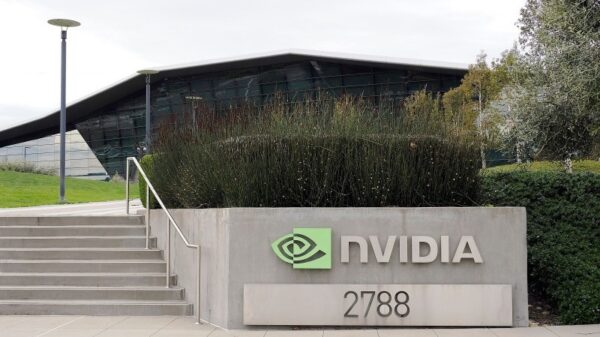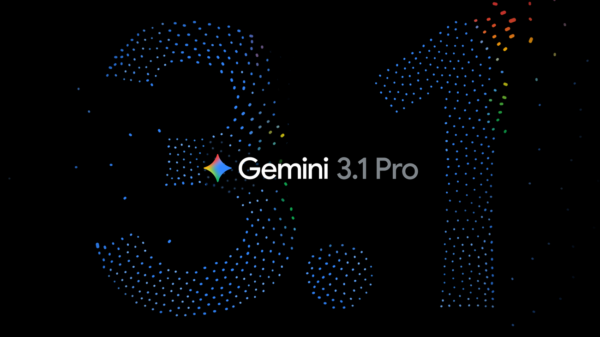In a recent interview with the BBC, Sundar Pichai, CEO of Alphabet and Google, highlighted the importance of exercising caution when using artificial intelligence (AI) tools. Pichai emphasized that while AI models have made remarkable advancements, they are still susceptible to errors and can present potential risks.
“AI models can make mistakes and pose potential risks,” Pichai stated. He advocates for the utilization of AI in conjunction with other tools, particularly for creative tasks, where these models can offer significant assistance. However, he cautioned that despite recent technological improvements, current AI systems remain prone to certain inaccuracies.
The discussion also touched upon the broader implications of an AI-driven economy. When asked whether Google is shielded from a potential AI bubble, Pichai responded candidly, stating, “No company would be immune, including Google itself.” His remarks echo concerns raised by other industry leaders regarding the sustainability of investments in AI technologies.
Last month, JPMorgan Chase Chairman and CEO echoed this sentiment, warning that the financial sector could face a collapse due to what he termed an “AI bubble.” As AI continues to evolve and integrate into various sectors, the financial ramifications remain a critical point of discussion among analysts and tech executives alike.
The Necessity of Caution in AI Deployment
Pichai’s cautions reflect a growing awareness within the tech community about the risks associated with AI. As these models become more deeply embedded in business operations and creative endeavors, the potential for misapplication or erroneous outputs increases. For instance, the integration of AI tools in decision-making processes can lead to unintended consequences, especially in high-stakes environments like healthcare or finance.
Moreover, the current landscape indicates that while AI brings tremendous potential for innovation and efficiency, it also requires a framework of oversight and ethical considerations. Pichai’s call for a balanced approach comes at a time when regulatory discussions surrounding AI technology are intensifying globally. Ensuring that AI systems are reliable and ethical is paramount as businesses navigate this rapidly changing technological landscape.
Industry Reactions and Market Trends
The warnings from Pichai and other industry leaders have prompted discussions about the sustainability of investments in AI. The idea of an “AI bubble” suggests that the exuberance surrounding AI technologies could lead to inflated valuations and eventual market corrections. With companies like Google at the forefront of AI development, their responses to these challenges will play a significant role in shaping industry standards and investor confidence.
As AI continues to evolve, the dialogue on its implications is becoming increasingly nuanced. Stakeholders must consider not only the technological advancements but also the ethical ramifications and potential market instabilities. This comprehensive understanding will be crucial for navigating the future landscape of AI, ensuring that innovations are both effective and responsible.
In conclusion, Sundar Pichai’s insights serve as a timely reminder of the dual-edged nature of AI. As businesses and individuals increasingly rely on these technologies, a balanced approach that incorporates skepticism and critical evaluation will be essential. The evolution of AI is a journey that must be undertaken with care, ensuring that progress does not outpace our understanding of its implications.
See also Google Launches Gemini 3 with Enhanced Coding, Integrated into Search Engine
Google Launches Gemini 3 with Enhanced Coding, Integrated into Search Engine Nvidia Invests $24B in AI, Sparking Investor Concerns Over Circular Deals
Nvidia Invests $24B in AI, Sparking Investor Concerns Over Circular Deals EU Launches Investigations into Amazon and Microsoft as Potential Cloud Gatekeepers
EU Launches Investigations into Amazon and Microsoft as Potential Cloud Gatekeepers OpenAI’s GPT-5 Update Sparks Controversy Among AI Relationship Users and Community Reactions
OpenAI’s GPT-5 Update Sparks Controversy Among AI Relationship Users and Community Reactions Amitabh Kant Warns of Neo-Colonization as Global AI Firms Access Indian Data for Free
Amitabh Kant Warns of Neo-Colonization as Global AI Firms Access Indian Data for Free


































































